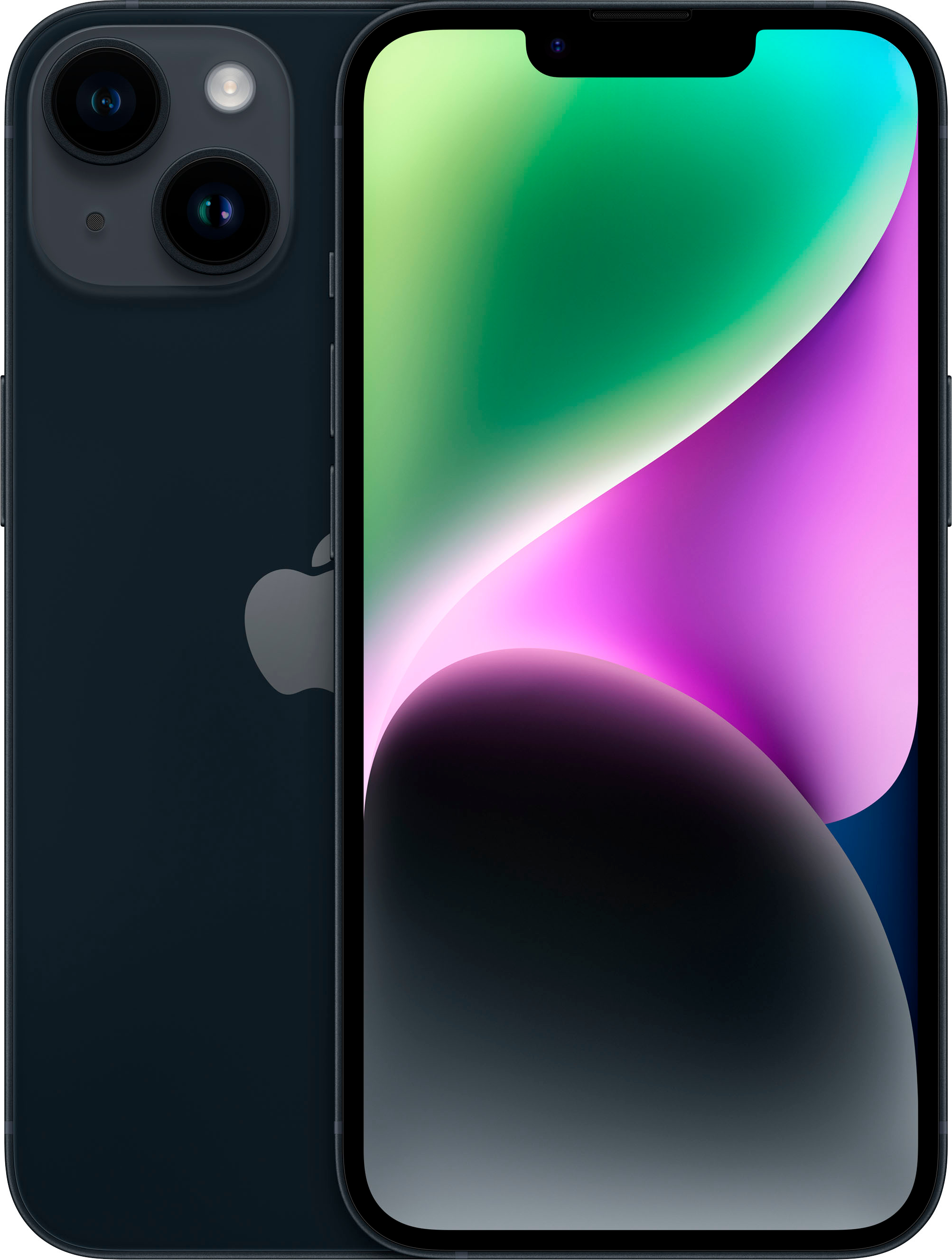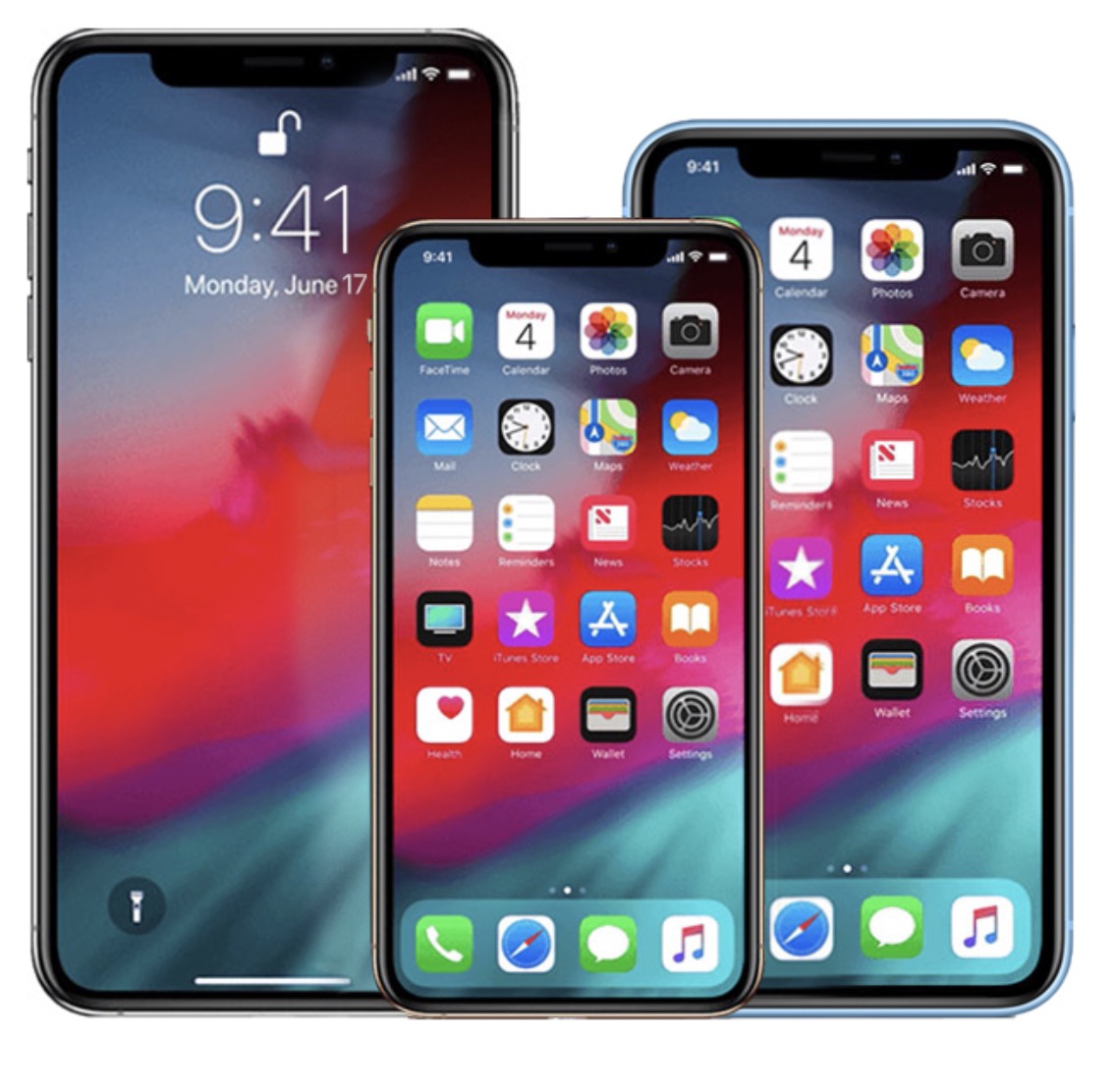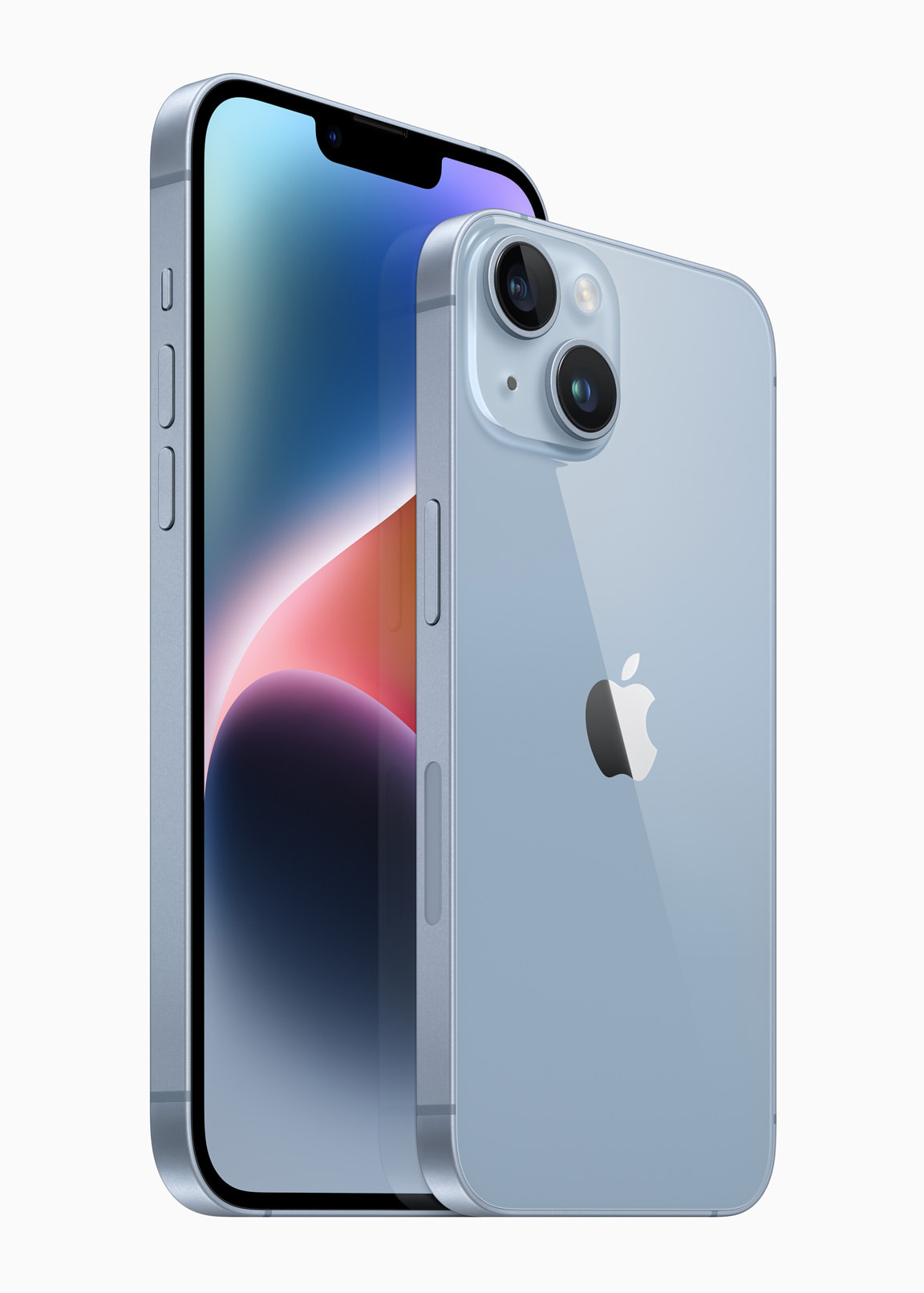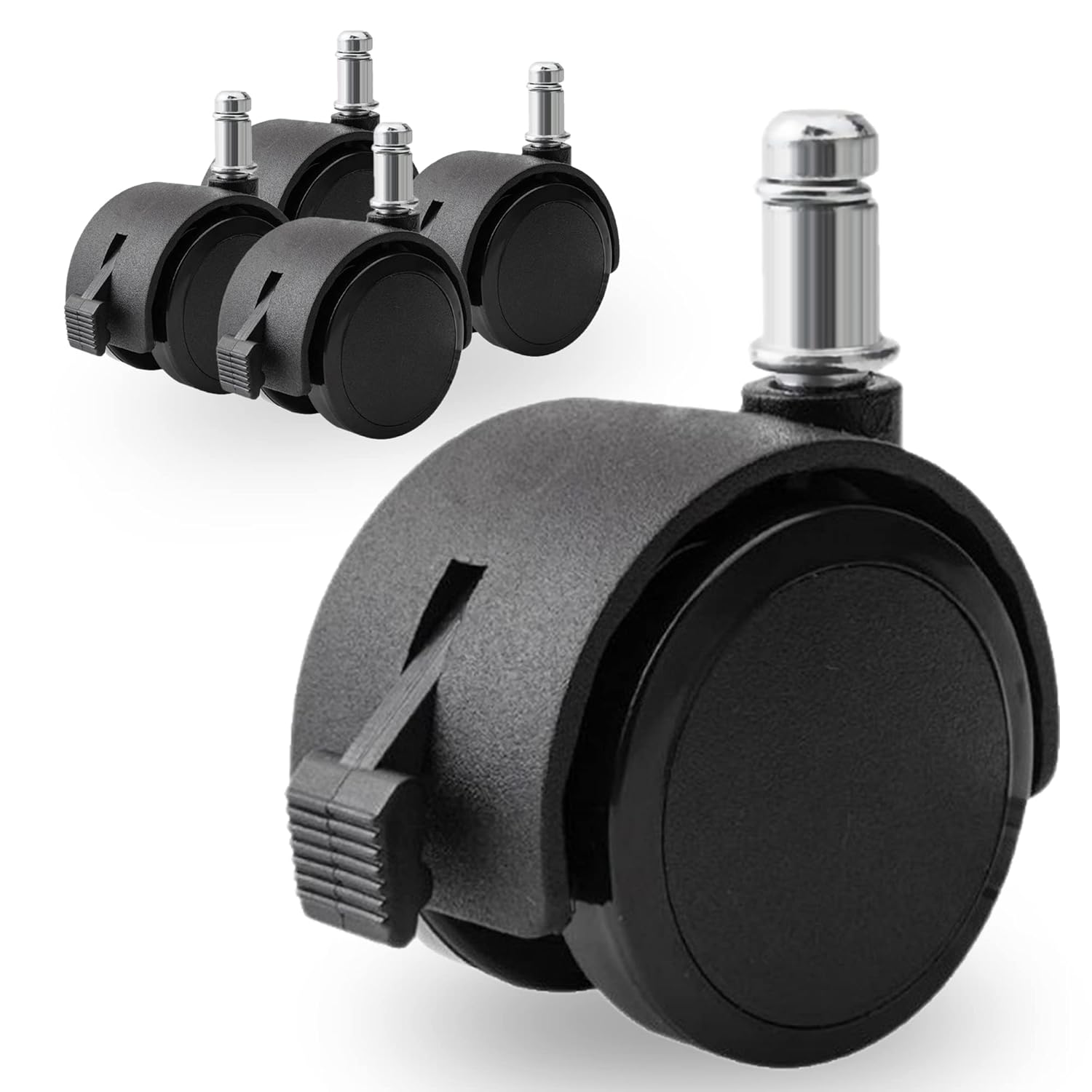The iPhone 14, one of the latest additions to Apple’s iconic smartphone lineup, has caught the attention of tech enthusiasts and casual users alike. While the device boasts impressive features and performance, one of the most critical aspects of any smartphone is its battery health. Over time, battery performance can degrade, affecting the overall usability of your device. In this article, we will explore the top five signs that indicate your iPhone 14 may need a battery replacement.
Understanding Your iPhone’s Battery Health

Before diving into the signs that suggest a battery replacement, it’s essential to understand how iPhone batteries work. The lithium-ion batteries used in iPhones have a limited lifespan, typically ranging from 500 to 800 charge cycles. After this point, the battery capacity diminishes, leading to reduced performance. Apple recommends monitoring your battery health regularly to ensure optimal performance. You can check your battery health by navigating to Settings > Battery > Battery Health & Charging.
Sign #1: Rapid Battery Drain

One of the most noticeable signs that your iPhone 14 may need a battery replacement is rapid battery drain. If you find that your phone is losing charge significantly faster than it used to, it could be time to investigate further.
- Normal Usage Patterns: If you’re using your device in the same way as before but notice that the battery percentage drops dramatically within hours, this is a strong indicator of battery degradation.
- Background App Activity: Some apps may consume more battery than others. However, if you’re not running heavy applications and still experience rapid drain, your battery may be the culprit.
According to a study by the Battery University, lithium-ion batteries lose approximately 20% of their capacity after 500 charge cycles. If you frequently find yourself charging your device multiple times a day, consider having the battery checked.
Sign #2: Unexpected Shutdowns

Have you ever experienced your iPhone 14 shutting down unexpectedly, even when there’s still a significant charge left? This is another red flag indicating that your battery may no longer be functioning optimally.
- Performance Management: Apple employs a feature called “performance management” to prevent unexpected shutdowns. However, if your phone is shutting down regularly despite having adequate charge, it may be due to battery wear.
- Temperature Sensitivity: An aging battery may become sensitive to temperature changes. If your iPhone shuts down in moderate conditions, it’s a strong sign of battery failure.
Statistics show that 30% of users have reported unexpected shutdowns on devices with aging batteries. If you’re among them, it might be worthwhile to consider a battery replacement.
Sign #3: Charging Issues

Charging problems can also indicate that your battery needs replacement. If your iPhone 14 takes an unusually long time to charge or doesn’t charge at all, it could be a sign of battery degradation.
- Inconsistent Charging: If your phone only charges intermittently or requires multiple attempts to charge, it may be due to a failing battery.
- Overheating: If your device becomes excessively hot while charging, this could indicate a battery issue. A healthy battery should charge without generating excessive heat.
According to a recent survey, 25% of users reported problems with charging their devices, primarily due to battery-related issues. If you notice these symptoms, it’s time to take action.
Sign #4: Battery Health Measurement Below 80%
One of the most straightforward ways to assess your battery’s condition is to check its health percentage. iPhones typically retain up to 80% of their original capacity after 500 charge cycles. If your battery health drops below this threshold, it’s a clear indication that replacement is necessary.
- Monitoring Battery Health: Regularly check the battery health feature in settings. If it reads below 80%, consider visiting an Apple Store or an authorized service provider.
- Declining Performance: A battery health percentage below 80% often correlates with declining performance, leading to lag and slow app launches.
Research has shown that replacing a battery once it falls below 80% can drastically improve the performance and longevity of your device.
Sign #5: Physical Swelling or Damage

While less common, physical signs of battery damage, such as swelling, are serious indicators that your iPhone 14 needs immediate attention. A swollen battery poses risks, including potential damage to internal components or even fire hazards.
- Visible Bulging: If you notice that your device’s screen is lifting or if the back cover appears to be bulging, stop using the device immediately and seek professional help.
- Unusual Heat: A damaged battery may overheat. If your iPhone feels excessively warm to the touch, it’s crucial to address this issue right away.
According to a report from the Consumer Product Safety Commission, lithium-ion batteries can pose fire hazards if damaged or compromised. If you observe any physical abnormalities, prioritize your safety and consult a professional immediately.
Conclusion: When to Replace Your iPhone 14 Battery

Your iPhone 14 is a powerful device, but its performance heavily relies on the health of its battery. Recognizing the signs that your battery needs replacement can save you from frustration and ensure that your device remains efficient and functional.
In summary, the top five signs that indicate your iPhone 14 may need a battery replacement include:
- Rapid battery drain
- Unexpected shutdowns
- Charging issues
- Battery health measurement below 80%
- Physical swelling or damage
If you experience any of these symptoms, it’s advisable to consider a battery replacement to restore your iPhone’s performance and extend its lifespan. Always consult with a professional technician or an Apple Store for the best course of action. Remember, proactively managing your battery health can greatly enhance your overall smartphone experience.


